On 05-08-2024, Bangladesh Prime Minister Sheikh Hasina resigned from her post and fled to India with her younger sister Sheikh Rehana using a helicopter belonging to the Bangladesh Army. Both sisters are seeking political asylum in the UK. Hasina’s escape ended 15 years of uninterrupted autocracy in the country.
The event triggered mass euphoria among the people of Bangladesh. Numerous groups of students, their parents and ordinary citizens took to the streets, celebrating the end of Hasina’s rule. Her rule has been widely criticised for destroying humanitarian values, human rights, democracy, electoral law, justice and the rule of law in Bangladesh.
The recent events are the culmination of 29 days of peaceful student protests that have escalated into mass demonstrations. In the face of growing resistance, the Hasina government attempted to suppress the protests, resulting in the deaths of more than 2,000 students and ordinary citizens. These casualties were the result of illegal armed groups linked to the ruling party and rogue police forces.
In desperation, government authorities tried to blame the political leaders of the opposition BNP and Jamaat-e-Islami parties for acts of terrorism, such as arson, which were in fact the work of members of their own party.
Faced with growing chaos, the Bangladesh Army decided to take control of the country by forming an interim government led by the President. The army chief, Mr Wakaruzzaman, appealed to all citizens to remain calm.
Testimony of Our Volunteer: MD Jamil Ahmed
Our volunteer, MD Jamil Ahmed, shared his account of human rights violations. “The DB [Department of Security] police raided my office last night, searching it on the pretext that I was taking photos documenting human rights violations. They destroyed my mobile phone and innocent students are being arrested in all Bangladeshi homes.” – Ahmed reports.
This is undoubtedly the beginning of a new chapter in Bangladesh’s history. Whether the newly formed caretaker government will be able to satisfy the people’s expectations and restore true democracy is a key question for the near future. In the meantime, the international community, including the International Human Rights Commission, remains vigilant and ready to act to support Bangladesh in these difficult times.
Dawid Szablowski
Head of IHRC Press Department
Based on information from:
Mohammed Elias Serazi,
Peace Ambassador & National Coordinator IHRC,
Bangladesh.
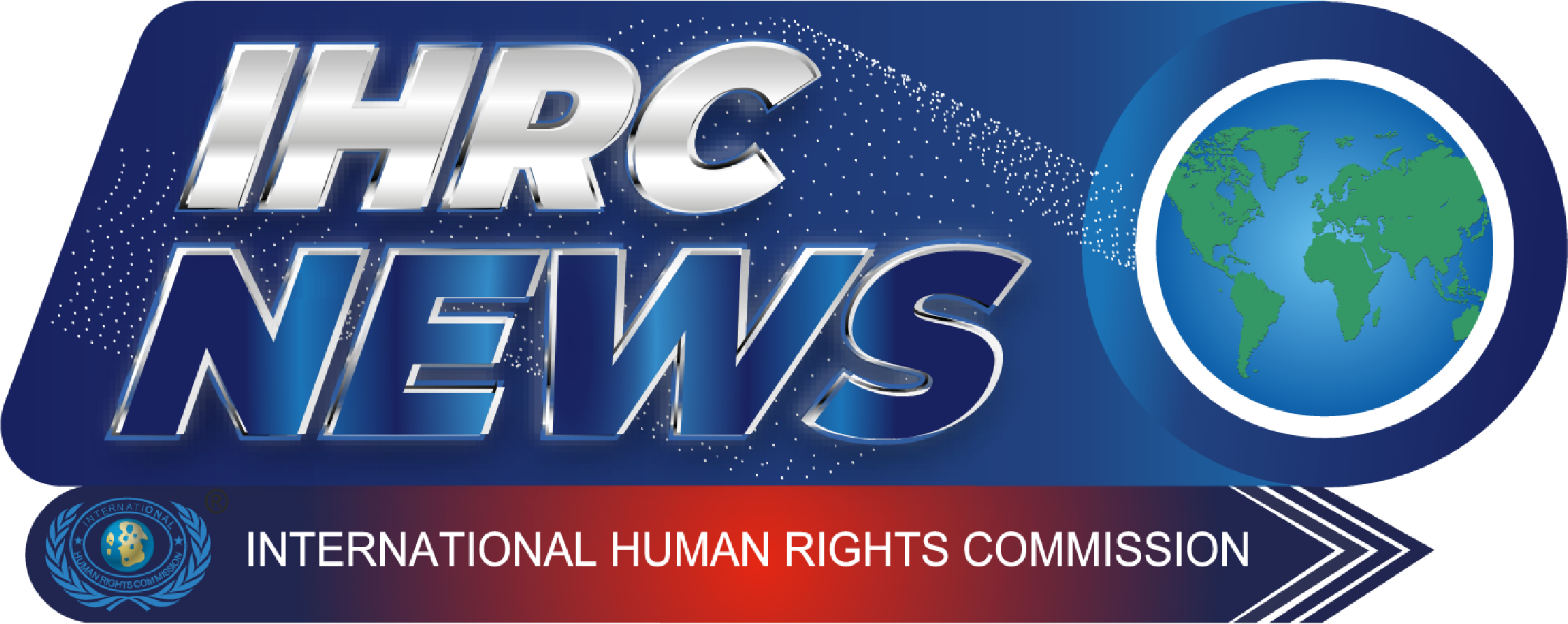

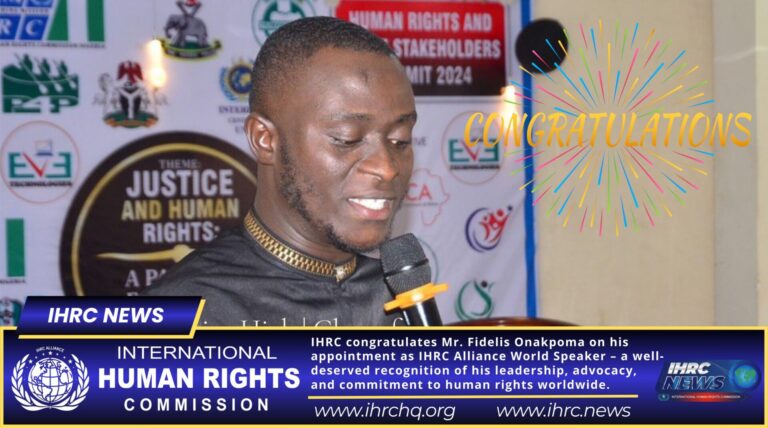
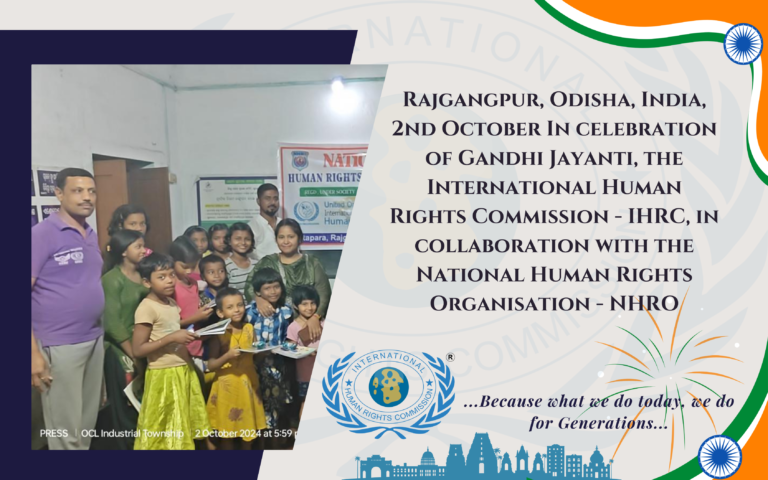
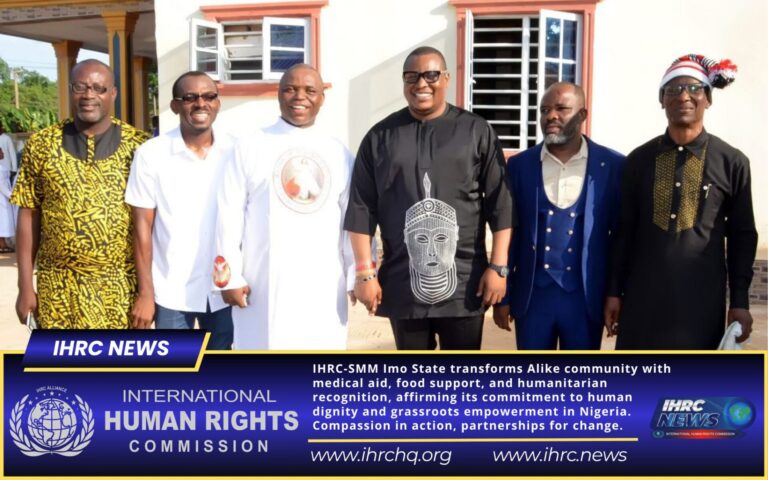


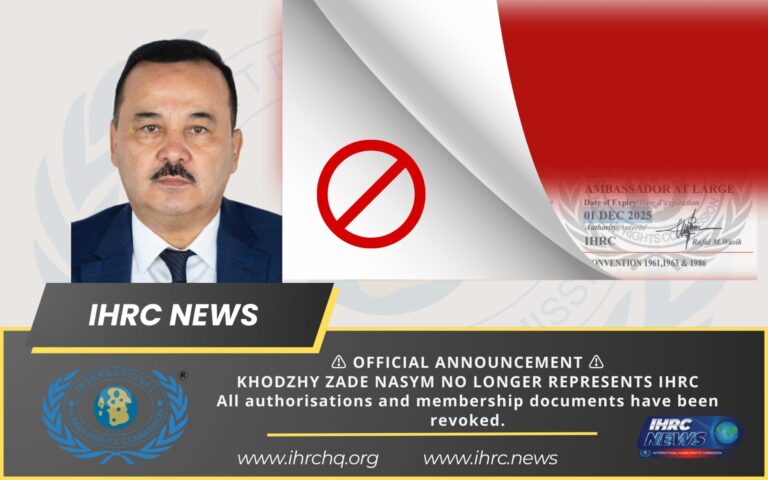
Education is a fundamental pillar of life, offering us the tools to understand ourselves, deepen our connection with the divine, and gain insight into the world around us. It equips us not only with knowledge but with the wisdom to navigate life’s complexities, fostering personal growth and a broader understanding of our responsibilities in the world. Through education, we cultivate a more profound sense of purpose, compassion, and awareness, empowering us to contribute meaningfully to society.